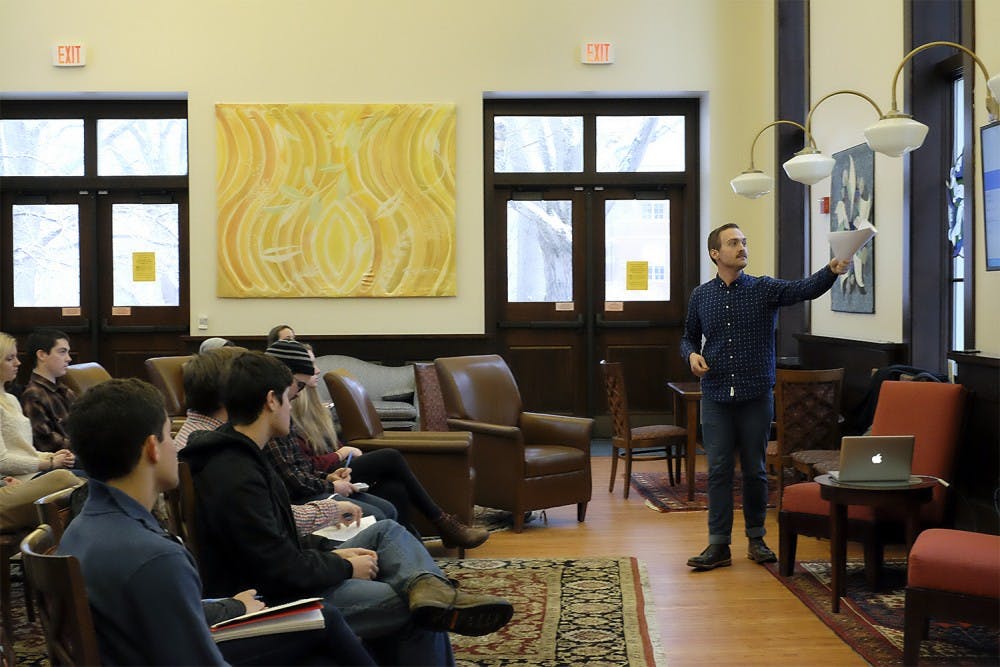“Honestly, in 2007, when this commitment was made by Chancellor James Moeser, it was the thing to do for forward-thinking universities. A lot of universities have backed off that commitment in the years since then,” said Stephen Senter, UNC’s greenhouse gas specialist.
Senter gave an update on UNC’s Climate Action Plan at the Campus Y on Wednesday.
“We’re not where we should be and where we’d like to be,” Senter said. “As far as our coal-free goal, people don’t like to talk about it because it’s hard to achieve. We haven’t met our interim goal, but we can still talk about it. We can learn from every missed opportunity.”
In 2010, UNC further pledged to become coal free by the year 2020, but it has already conceded that it will likely not reach that goal.
Senter explained that UNC currently has two specialized boilers that require about 80 percent coal and 20 percent natural gas. He said it is possible, though difficult, to convert them to 100 percent natural gas. UNC’s other three boilers are traditional gas boilers.
“This is the big question, but also the one with the most opportunity — is it possible to get off coal by 2020?” he said. “But I don’t know. I wish I did.”



